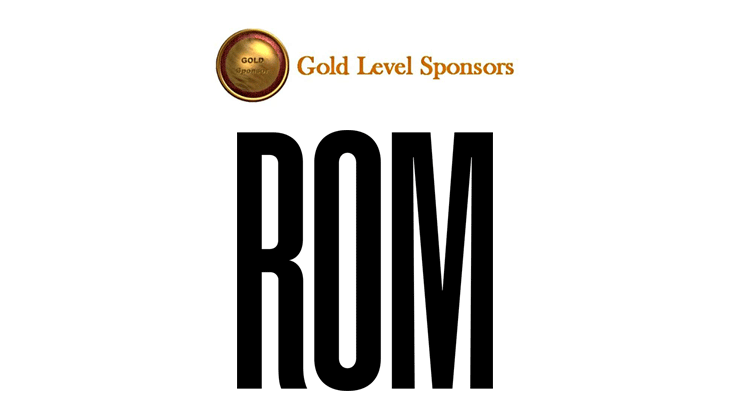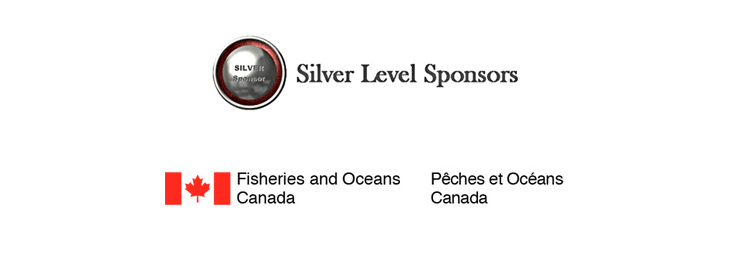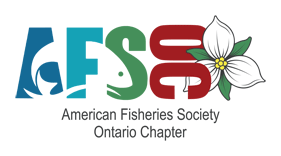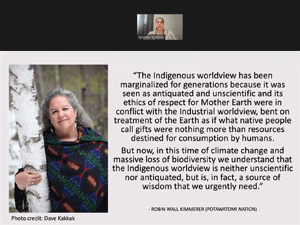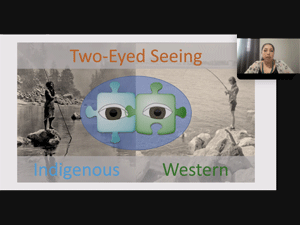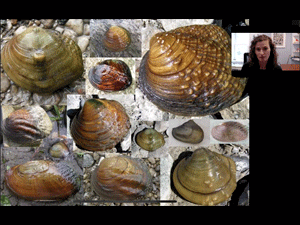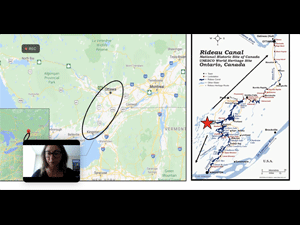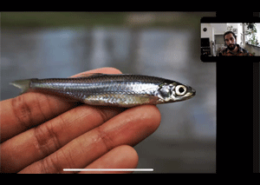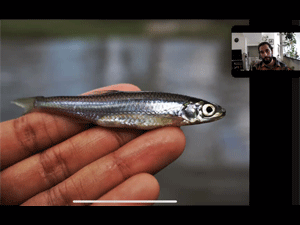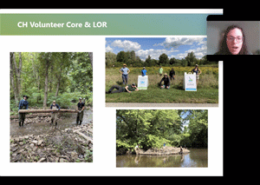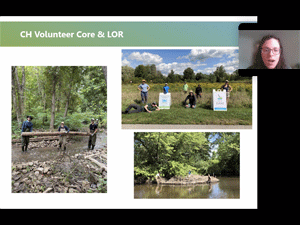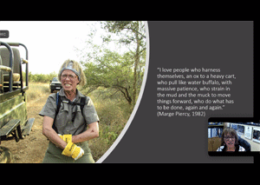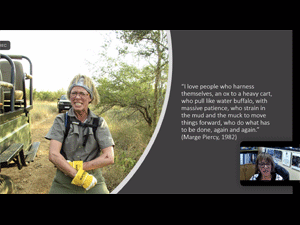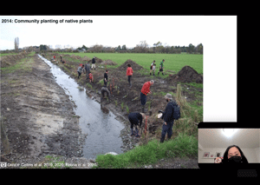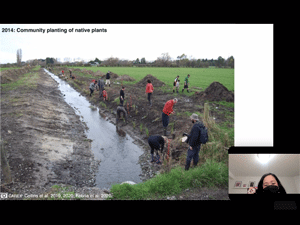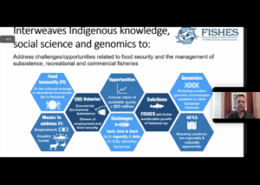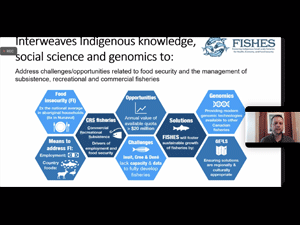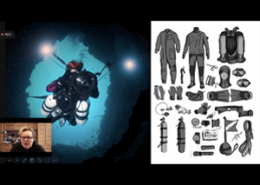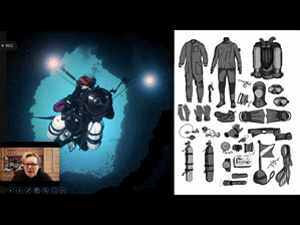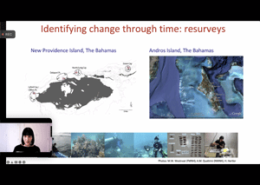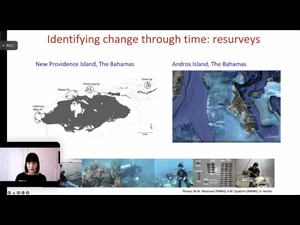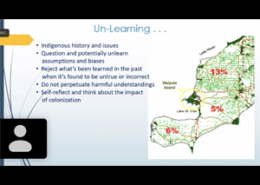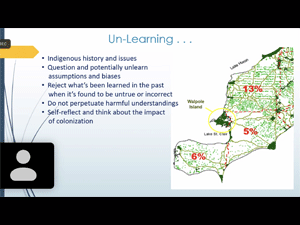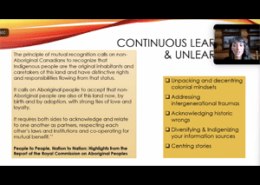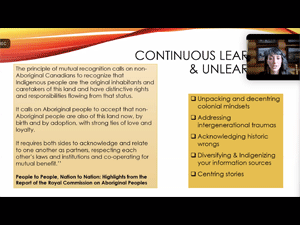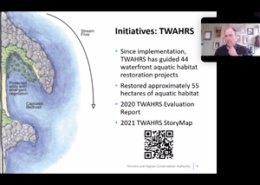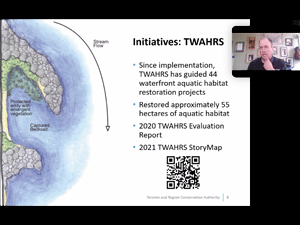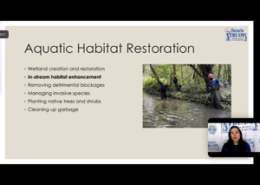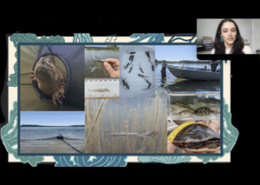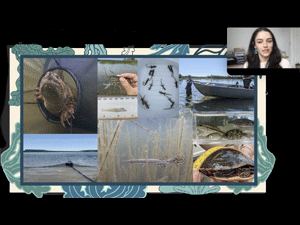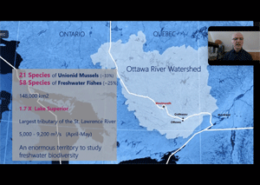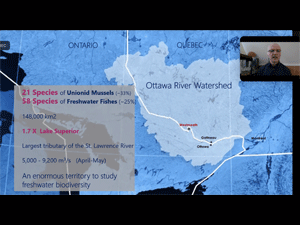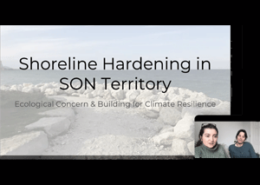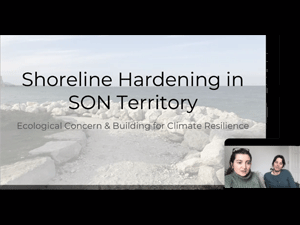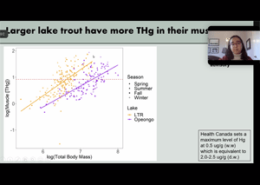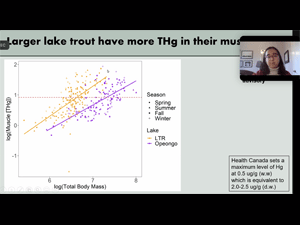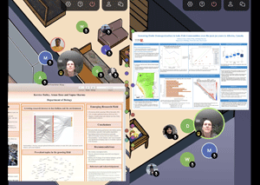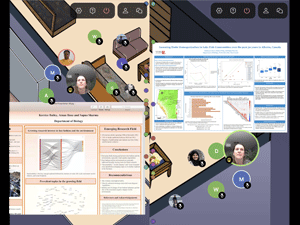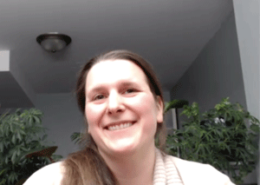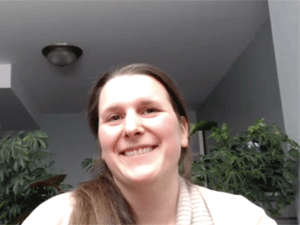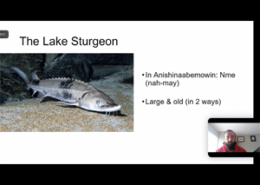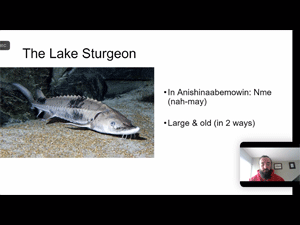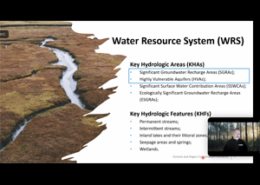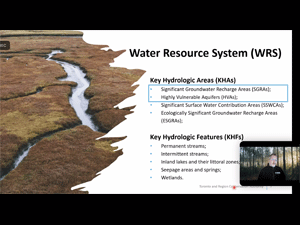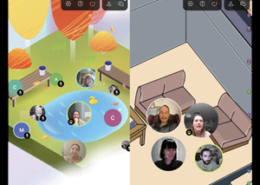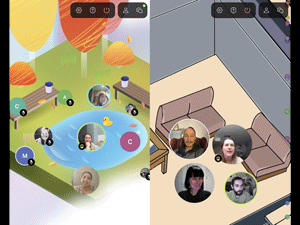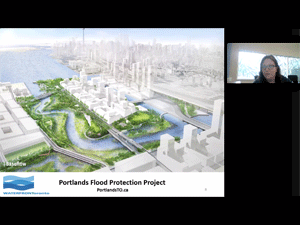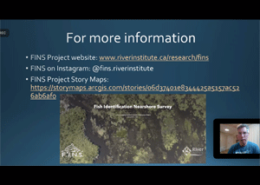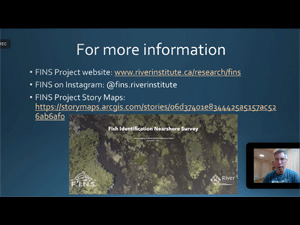Theme: Rebuilding from the ground up: Fundamental interactions in aquatic restoration and management
March 25–26, Virtual via Zoom
On March 25 and 26, the AFS-OC hosted our 2022 Annual General Meeting & Conference. Building upon our successful virtual Zoom platform from the 2021 Annual Meeting, we expanded into the SpatialChat realm to recreate some of the lost in-person interaction so dearly missed. This year’s conference theme was “Rebuilding from the ground up: Fundamental interactions in aquatic restoration and management” to encourage discussions surrounding the important relationships that necessary to successfully restore or manage fisheries resources. The theme also tied into the United Nations Decade on Ecosystem Restoration, which emphasizes the need to prevent, halt, and reverse the global degradation of ecosystems that proportionally have greater impact on Indigenous and impoverished communities. That call was heard, and we saw an amazing line-up of talks surrounding these very relationships.
Early in the planning stages, the Diversity and Inclusion Subcommittee agreed it was imperative for this year’s meeting that we actively invite and welcome the perspectives of Indigenous individuals, communities, and organizations. The intention was to make space for sharing of Indigenous-led management and restoration or strong partnerships between Indigenous and Western science groups where Indigenous Knowledge is valued and used for the betterment of the land and resources.
Our Keynote speaker was Jennifer Sylliboy, Integrative Knowledge Systems Researcher at the Unama’ki Institute of Natural Resources (UINR) in Cape Breton, Nov aScotia with a talk entitled “Using Two-Eyed Seeing (Etuaptmumk) as a Tool for Collaboration: Successes & Lessons Learned in Aquatic Research & Fisheries Management at UINR”. Jennifer’s talk highlighted valuing the importance of Indigenous cultural values, beliefs, ceremony, storytelling, and government as equal to scientific observation and experimentation. From the Mi’kmaq lens, the steps toward integration of Indigenous perspectives and Western science were made clear for all of us to consider in our present and future, both in the workplace and in our personal lives.
The 2022 AGM Program included a professional session, student session, a mussel and host relationships session, and two aquatic restoration and management sessions covering a number of topics including aquatic habitat restoration, impacts of contemporary and historical development on fish communities, effective partnerships for restoration and beyond, anthropogenic stressors, and monitoring of species-at-risk, among many more. We also hosted a poster session on SpatialChat allowing for more interaction between presenters and the audience compared to our previous virtual meeting. Barb Elliot, 2021 winner of the Outstanding Mentor Award, also shared an inspiring journey and encouragement to always partake in life’s opportunities.
On Friday evening, we attempted to recreate our mentorship/networking event from in-person meetings, allowing for discussion among professionals and students. The AFS-OC Student Subunit put together a “fisheries scavenger hunt” to encourage students and young professionals to seek out and connect with the professionals in attendance. The event was a success, and many of us continued talking long into the night.
The business meeting was held on Saturday, immediately following the morning session.
The E.J. Crossman Award for best student (oral) presentation was awarded to Jordanna Bergman from Carleton University for her talk entitled “Spatial ecology of muskellunge during a winter drawdown in a regulated, urban waterway in Canada”. The AFS-OC President’s Award for best student poster presentation was awarded to Jessica Reid from Carleton University for her poster entitled “Habitat use and movement patterns of muskellunge in the Jock River, Ontario”.
The Outstanding Mentor Award, presented by the Student Subunit, was awarded to Nicholas Mandrak, Professor at University of Toronto Scarborough among many other roles, who has excelled at providing immense support and opportunity for students and young professionals in his lab and beyond. An honourable mention went to Graham Raby, Assistant Professor at Trent University.
Video presentations are available for viewing below and abstracts are presented in the 2022 AGM Program.
Keynote
Keynote: Using Two-Eyed Seeing (Etuaptmumk) as a tool for collaboration: Successes & lessons learned in aquatic research & fisheries management at UINR – Jennifer Sylliboy Video Presentation
Aquatic Restoration and Management
Talk 1: Aquatic stewardship in Kahnawàke: Community-based monitoring and conservation – Brandon Rice, Tyler Moulton Video Presentation
Talk 2: Shoreline hardening and fish habitat concerns in Saugeen Ojibway Nation (SON) Territory – Emily Martin, Kathleen Ryan
Talk 3: Saugeen Ojibway Nation Coastal Waters Monitoring Program – Emily Mansur
Talk 5: The FINS Project: A large scale study of the nearshore aquatic ecosystems of the St. Lawrence River – Matt Windle Video Presentation
Talk 6: Lake Sturgeon (Acipenser fulvescens) monitoring in Eastern Georgian Bay: A two-eyed approach – Carter Rouleau Video Presentation
Talk 7: Making space: Support of Indigenous-led approaches to fisheries research, management, conservation, and protection – Clint Jacobs
Talk 8: Navigating Indigenous relationships: Listening, building, partnering – Katrina Keeshig Video Presentation
Talk 9: Re-framing aquatic habitat restoration in human-impacted landscapes: The transformative role of partnerships in research and practice – Catherine Febria
Talk 10: Co-developing knowledge with Indigenous communities to facilitate sustainable fisheries management: a ‘FISHES’ perspective – Dylan Fraser
Mussel and Host Relationships
Talk 1: Hitchhikers guide to the watershed. What makes freshwater mussels better than fish? – Kelly McNichols-O’Rourke
Talk 2: Combining malacology and underwater cave exploration in the Ottawa River – André Martel, Jill Heinerth
Talk 3: Collections of the Canadian Museum of Nature: Irreplaceable tools for conservation research on fishes and mussels – Katrina Ilves, Noel Alfonso, André Martel
Professional Development
Talk 1: Conservation Authority Level 1 Electrofishing Course Update – Jon Clayton Video Presentation
Talk 2: Many hands make light work: Partnerships in creek restoration – Amanda Draves
Lightning Presentations
Talk 1: The secret to (not) becoming an armchair ecologist – Barb Elliot Video Presentation
Talk 2: Effective small-scale stream rehabilitation – Kat Lucas Video Presentation
Talk 3: Aquatic Habitat Toronto: a multi-agency partnership delivering effective ecological restoration – Don Little
Talk 4: Conservation management for future aquatic biodiversity in Ontario – Jonathan Ruppert
Talk 5: Don River Mouth naturalization project: Restoration of fish habitat in Toronto – The first piece in a very large puzzle – Angela Wallace Video Presentation
Student Presentations
Talk 1: Electrofishing: Applicability for fall spawning collection – Bradley Howell Video Presentation
Talk 2: Field-based critical thermal maximum (CTmax) demonstrates intraspecific variation in thermal tolerance of a stream salmonid – Erin Stewart Video Presentation
Talk 3: Exploring seasonal variation of mercury burdens in Lake Trout (Salvelinus namaycush) – Sofia Pereira
Talk 4: Species difference in response to light and their implications for selective passage of desirable fishes at in-stream barriers – Emily Fields Video Presentation
Talk 5: Understanding species life-history and ecology for improved conservation and recovery of the threatened Silver Shiner (Notropis photogenis) – Jacob Burbank Video Presentation
Talk 6: The effectiveness of potential uses of muskrat midden searches as a qualitative survey method in the Lower Grand River, Ontario – Sam Turner, Mitchell Shorgan, Emma MacLennan-Nobrega
Talk 7: Spatial ecology of Muskellunge during a winter drawdown in a regulated, urban waterway in Canada – Jordanna Bergman Video Presentation
Poster Presentations
Poster 1: The environmental impacts of fast fashion on water quality: A systematic review – Kerrice Bailey
Poster 2: Habitat use and movement patterns of Muskellunge in the Jock River, Ontario – Jessica Reid Poster
Poster 3: Assessing biotic homogenization in lake fish communities over the past 50 years in Alberta, Canada – Shahanaz Akter, Danica Pring Poster
We would like to thank our sponsors who provided prizes for the event.
